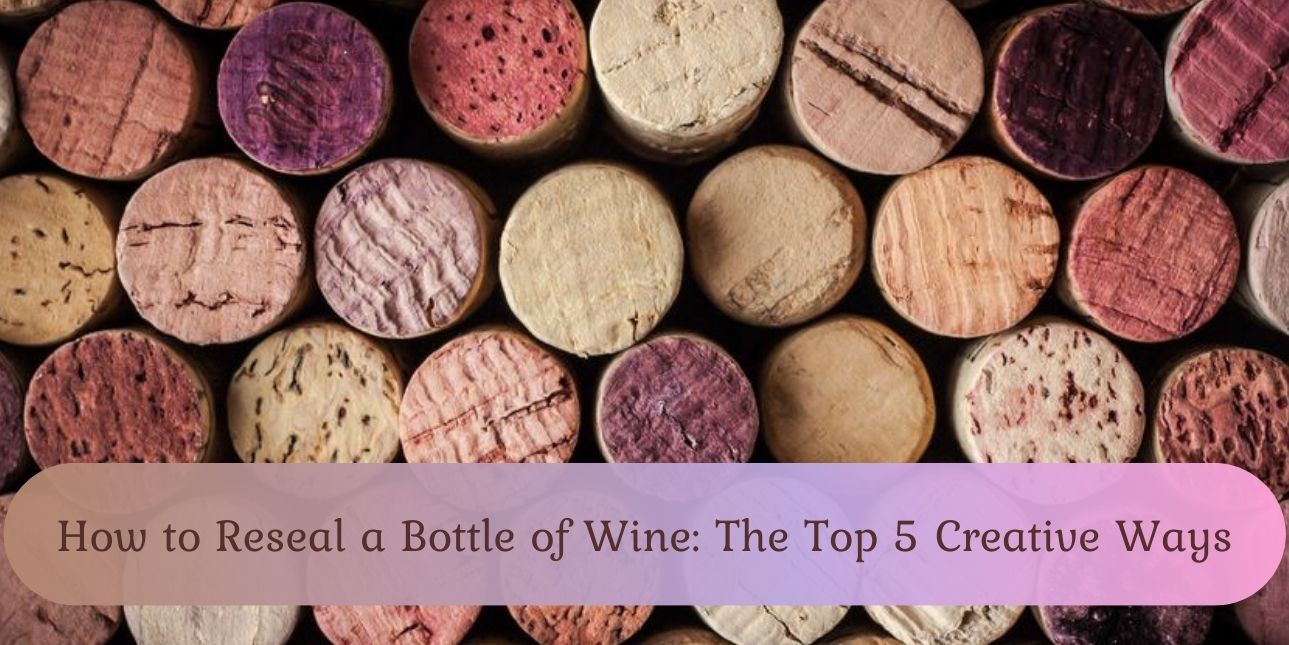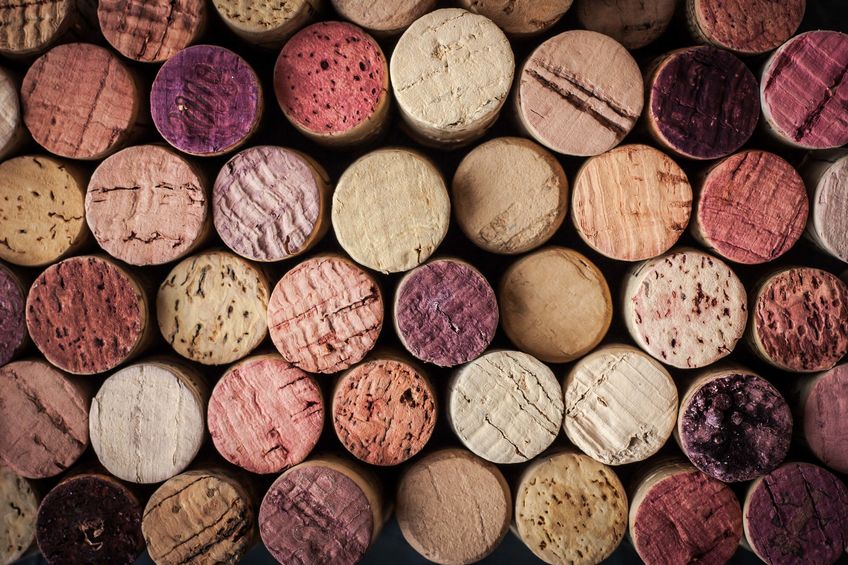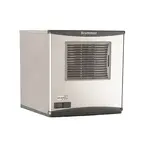Save Costs by Recorking Wine Bottles Before Storing
Wine sales are profitable. You offer this service to your patrons because, ultimately, you make money doing so. With standard costs ranging from 35% to 45%, wine is also your primary expense in liquor costs.
However, costs and profits are not the only things to consider – customer experience is also important. You don’t want anyone who visits your restaurant to enjoy the food but have a bad experience with the wine, especially since more than 63% of consumers check Google reviews before visiting an establishment. A bad review about your wine quality will influence potential customers.
Recorking your wine bottles is fairly easy and involves the following steps:
- Place bottle on a sturdy surface
- Set make-shift cork over the rim
- Lightly twist and press
- Rock cork back and forth gently
- Push ½ way into the bottleneck
Top 5 Most Creative Ways to Reseal a Wine Bottle
When resealing a bottle of wine, there are five top creative ways you can do this. Some of these will require that you think a little outside the box. Others will involve using items you can find around a kitchen.
However, all five will help you keep your wine bottles fresh for longer. Applying these methods would also help prevent contamination between pours.
1. The Simple Recork
Oftentimes, the cork remains undamaged while opening a bottle of wine, in which case, you can reuse it by simply pushing it back into the mouth of the bottle. This is why you must take special care when removing the cork. Although some corks may refuse to cooperate, if you get the opportunity to reuse the same one, go for it.
Another handy trick is to keep old, undamaged corks for use in newer bottles. That way, if you damage the new one, you have a replacement from a previous bottle available. You can also leave corks in the freezer.
2. The Wax Paper Trick
Corks expand when they are removed and are often unusable afterward. The wax paper trick is the best solution for this problem. This technique works even where the cork is slightly damaged and prevents pieces of cork from floating into the wine.
Simply cut a piece of wax paper to fit entirely around the cork without overlapping anywhere and shove the wrapped end of the cork into the mouth of the bottle. Sommeliers recommend this method as the wax acts as a lubricant and makes it easier to recork.
3. The Paper Towel Cork
This is just a temporary fix, but it is effective for preserving the wine for a short time. For this ingenious method, you will need a paper towel, some plastic wrap, and tape.
Fold the paper towel until it is approximately 2 inches wide. Then, tightly roll until it resembles a cork. Make sure that it will fit snuggly into the bottle before continuing. After rolling tightly, tape the ends to retain shape, and wrap the roll with plastic wrap. Tape the end of the wrap closed.
4. The Vacuum Pump
Another option is to purchase a vacuum pump. You can buy one at vineyards and wineries. The purpose of this is to remove oxygen from the bottle while resealing the wine. This will significantly slow down the oxidation process and keep the wine fresh for up to one week.
5. The Rubber Stopper Cheat
Chemists use rubber stoppers in labs to plug test tubes. These prevent spills and contamination while scientists work with chemicals. Do not confuse these rubber stoppers with traditional wine stoppers – wine stoppers are often made with metal.
However, using rubber stoppers is an inventive way to adopt science in recorking your wine. You can buy one at nearly any store, including grocery stores, hardware stores, liquor stores, and anywhere you can purchase a chemistry set.
How Best to Store an Open Bottle of Wine
If you know how to store an open bottle of wine, you can keep it fresh and prevent spoiling.
You want to keep oxygen from getting into the wine because it will oxide, affecting the taste. Martha Stewart suggests the optimal drinkability of wine is roughly within 3 to 5 days after uncorking.
How to store your open wine bottles to prevent excess oxidation:
- Keep the bottle away from light
- Regardless of type, refrigerate all your wines
- Store upright to limit surface exposure to oxygen
- Avoid extreme temperature changes
- Transfer to a smaller bottle when possible
Keep in mind that not all oxidation is unfavorable. There is a science to winemaking that incorporates oxidation to influence the flavor profile. Oxidative wines often have notes of nutty, savory, or sweet characteristics, creating a pleasant experience for refined pallets.
To be clear, none of these recorking solutions will work for champagne or sparkling wine. Like soda, carbonation is used to create bubbles in the beverage, and once the seal is broken, the carbon gas escapes. Because of this, there is no way to keep these bottles of bubbly fresh after opening.
How to Store a Wine Bottle Without a Cork
The recommended method for storing your open bottles of wine is to refrigerate them in wine coolers. You can purchase these at an authorized foodservice equipment dealer.
A wine stopper is an effective way to cap an open bottle of wine. They come in many designs, and you can personalize them with your brand or logo. Another option would be to switch to screw-top wine bottles, as these come with their own resealable cap.
Finally, you could purchase a wine preserver. This high-tech gadget punctures the cork for you to pour the wine through. It then fills the space within the bottle with argon gas to keep oxygen from entering the bottle.
Resealing Wine Bottles to Extend Lifespan
Resealing won’t preserve your wine for long. However, now that you know a few creative ideas to reseal and recork your open wine bottles, you can increase the length of time you can store them while retaining their freshness.
When you realize that your open bottles of wine may be losing their freshness soon, run a drink special. If you have an ice machine, you can consider making refreshing wine smoothies. That way, you can use up any wine that you have been storing all week.
You don’t have to be a restauranteur or even a wine connoisseur to appreciate these tips on how to recork wine. If you open a bottle of wine that you don’t intend to finish, use these helpful suggestions to keep it from turning to vinegar.













